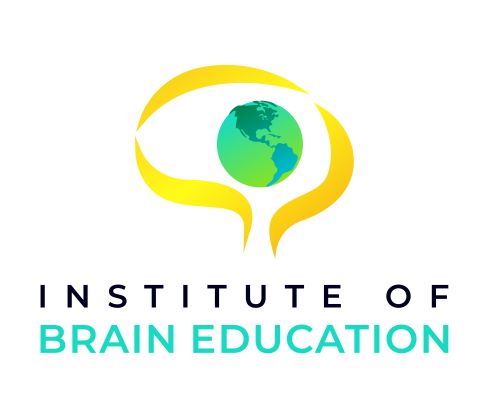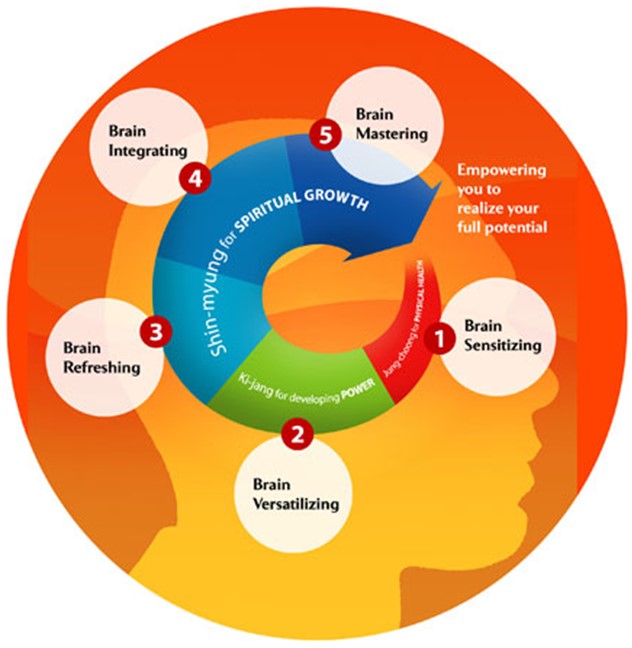Institute of Brain Education
-

Address: 340 Jordan Rd, Sedona, AZ 86336 | Phone: 928-203-0840
If you have any questions including your study and technical questions, submit your message athttps://www.instituteofbraineducation.com/contactOur Mission
The mission of the Institute for Brain Education (IBE) is to educate graduate students and lifelong learners through brain-based curricula. This education is delivered through quality in-person and distance modalities that support transformative development in holistic well-being, leadership, and sustainability. We focus on serving individuals seeking to integrate body-mind practices with global leadership and social innovation.
Our Goals
● Enhanced Well-being: Develop and implement a comprehensive Brain Education curriculum to empower students with holistic knowledge and practices for personal and community well-being.
● Global Citizenship Leadership: Infuse Brain Education principles throughout the curriculum, fostering an understanding of interconnectedness, cultural diversity, social and environmental responsibility, global perspective, sustainability, collaboration, and conflict resolution.
● Innovative Teaching and Learning: Utilize innovative teaching methods and technologies to engage students and prepare them for the challenges of the digital age.
● Community Engagement: Establish meaningful partnerships with local and global communities, providing students with practical experiences to apply their Brain Education knowledge for positive impact.
● Measurable Outcomes: Implement assessment tools to measure students' proficiency in Brain Education and global citizenship competencies, ensuring continuous improvement and adaptability.


